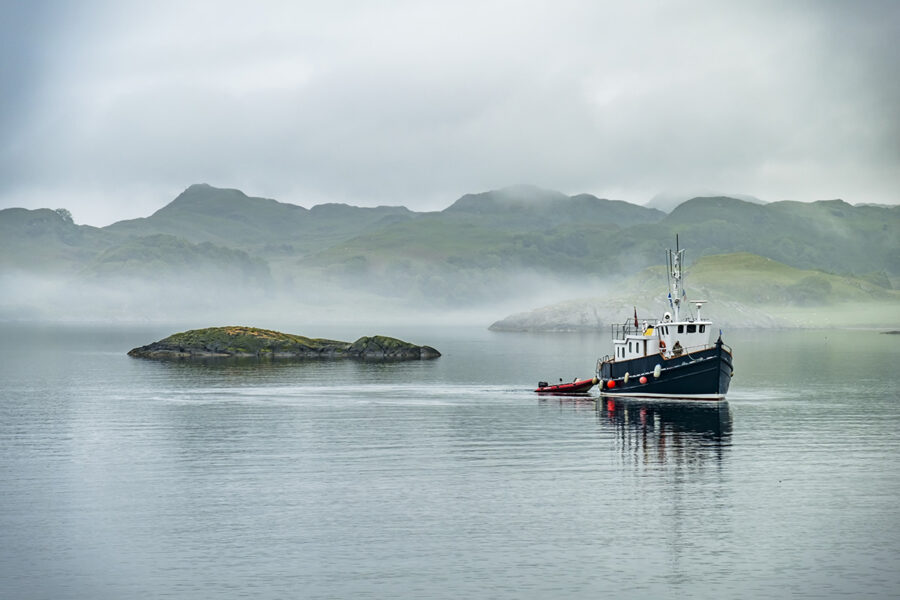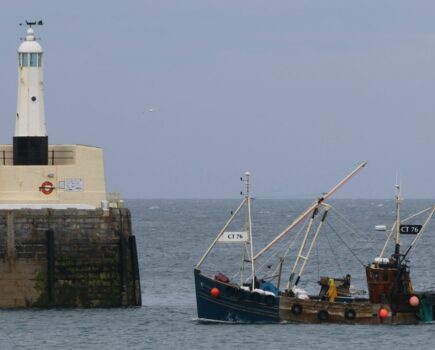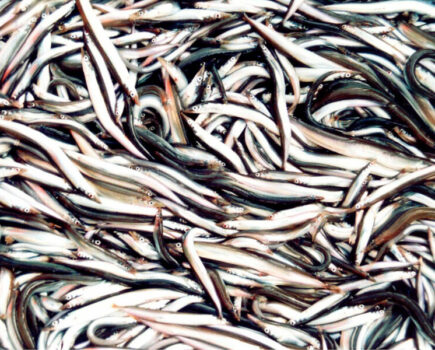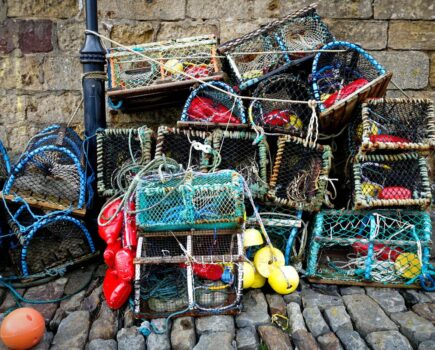The Scottish government has launched a far-reaching consultation – set to run for just eight weeks – that could see fishing banned from 20 MPAs that cover a third of Scottish waters.
As a minimum, it seems set to see five MPAs closed entirely to fishing, with 15 others seeing no-fish zones designated within them. The consultation gives only the option of partial or total fishing bans within the MPAs – it does not allow for a ‘neither option’ response.
The government says that a second consultation relating to management and restriction of fishing inside 12nm will follow shortly.
For each of the 20 MPAs, a review of fisheries management options, many drafted over a decade ago during the original designation process, is available. These range from the relatively uncontroversial closure of areas such as some deepwater sea mounts that have rarely, if ever, been fished, to much more controversial areas, such as the Central Fladen MPA.
Parts of the Fladen MPA provide significant income for sections of the Scottish Nephrops and seine-net fleets – some close to the two features the MPA was designated to protect.
Analysis of the two options provided for in the consultation – restricted zones within MPAs, or total closure of MPAs to some or all fishing gears – appear to have almost identical conservation outcomes. The only difference between zoned and total closure, on the government’s own analysis, seems to be to shift a single MPA out of the 20 from ‘moderate’ benefits to ‘major’ ones.
Even with total closure to fishing activity, the analysis suggests that for four MPA sites, closure as suggested would provide ‘negligible’ or ‘zero’ benefits to the natural features being protected. A further 10 would produce only ‘minor’ benefits. Just six of the 20 sites, the government’s own analysis suggests, would see any meaningful improvements in the features that the MPA designation and fishing ban were intended to conserve.
Financial impact on the fishing industry is estimated at between £6.4m, at the lowest end of the spectrum, where a zoned approach to fishing gears in MPAs is chosen for all sites, and £65.9m for a complete ban, with additional public costs to monitor and protect the MPAs of between £3.2m and £9.7m. It is estimated that, dependent on the outcomes of the consultation, protecting the MPAs would cost between nine and 101 jobs, at sea or in knock- on employment ashore.
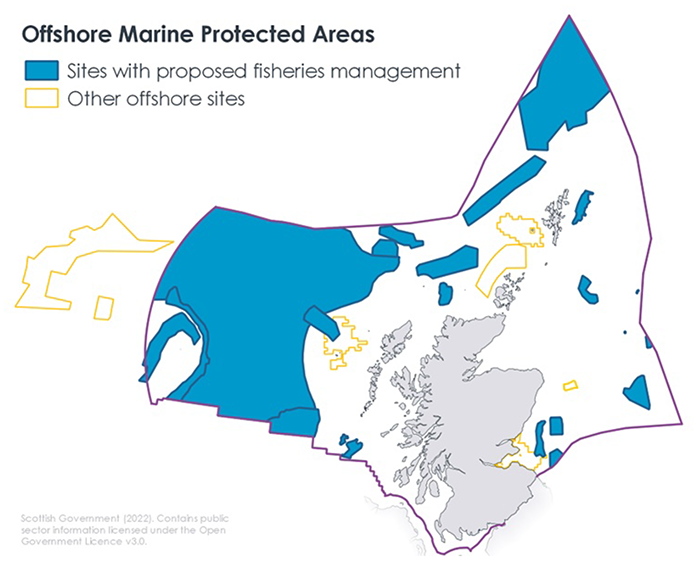
Map showing extent of offshore MPAs in Scottish waters.
Cabinet secretary for net zero and energy Gillian Martin said: “Marine Protected Areas already provide focused protection for the species and habitats in our waters.
“By implementing proposed fisheries management measures, we can further guard against further biodiversity loss, help to restore high-priority marine features and make a greater contribution to supporting and maintaining the marine ecosystem, which in turn supports our long-term food security.
“This will help ensure our seas remain a source of prosperity for the nation, especially in our coastal and island communities. These proposals are the result of many years of development, and we will continue to consult very closely with industry and coastal communities to hear their views.”
Ellen Last, MPA and fisheries advice manager at the Joint Nature Conservation Committee (JNCC), which has a duty in law to provide conservation advice and analysis to the government, said: “JNCC has provided statutory advice to the Scottish government, taking into account available scientific evidence on the designated features and potential impacts of activities, to help develop management measures that will contribute towards meeting the conservation objectives of these MPAs, so that they can continue to benefit future generations.”
Buckie-based Scottish Conservative MSP Tim Eagle said: “The Scottish government must work with the sector to conduct an evidence-based approach to marine planning decisions, at a time when 37% of Scottish waters are already protected under the existing MPA network.
“Spatial squeeze is among the biggest fears within the fishing industry, which is why it’s vital as many people as possible respond to this consultation.
“Fishing helps to form the lifeblood of our coastal communities, and it’s imperative the industry has a voice at the table for shaping policy.”
Orkney and Shetland Lib Dem MP Alistair Carmichael said: “After the disaster that was the SNP-Green coalition’s attempt at imposing HPMAs last year, people are understandably wary of these new proposals. The catching sector has always been willing to engage in good faith with the government – the question is whether this will be a good-faith form of consultation from the government themselves.
“Fishermen want biodiversity and sustainability in our waters as much as anyone, but we need to strike the right balance so that evidence and outcomes drive decision- making, rather than blanket bans and a top-down approach.”
Environmental NGOs were quick to welcome the announcement, with many falling over themselves to criticise all forms of mobile fishing gear, and the benefits from banning them, based on smaller closures such as Luce Bay or Lyme Bay. They were less forthcoming about the ‘minor’ or ‘negligible’ benefits a mobile- gear ban would have in many of the MPAs.
The consultation, which closes on 14 October, is available here.
It includes a 33-question survey document, with separate questions on each of the 20 MPAs, but the Scottish government is happy to take additional information from respondents.
Links are provided to all 20 detailed MPA assessments.
This story was taken from the latest issue of Fishing News. For more up-to-date and in-depth reports on the UK and Irish commercial fishing sector, subscribe to Fishing News here or buy the latest single issue for just £3.30 here.
Sign up to Fishing News’ FREE e-newsletter here.

